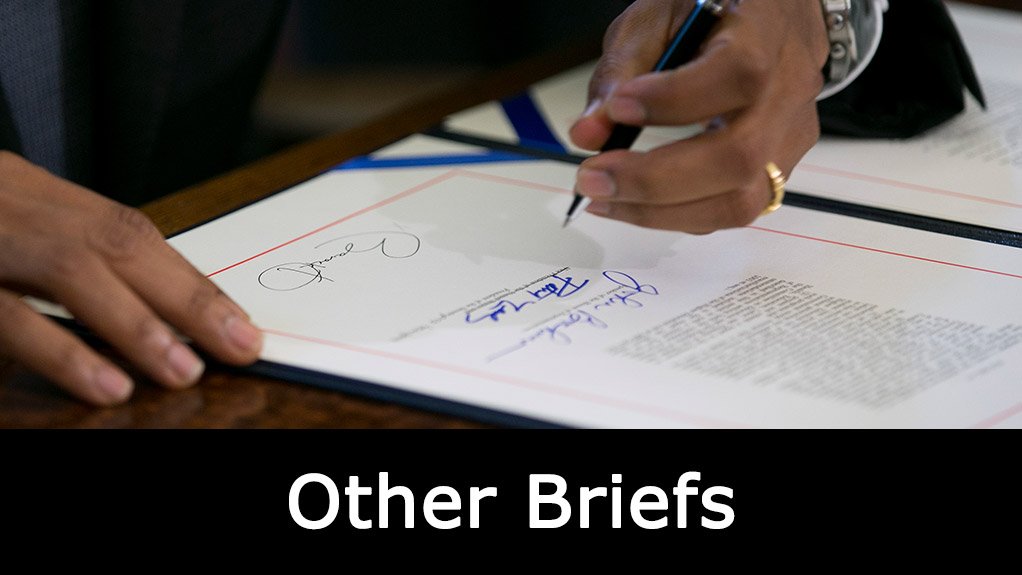South Africa's water crisis continues to intensify with our water systems facing immense pressure from ageing infrastructure, pollution, climate variability and inconsistent monitoring.
The data is sobering: we lose almost half of our potable water through leaks and system inefficiencies, and many South Africans still lack basic access to water. At the same time, nearly one in five South Africans have no access to safely managed sanitation. Add billions in funding gaps for major infrastructure projects, and the picture becomes bleaker. Without decisive action, we're heading for a national disaster.
The good news is that South Africa already has a proven blueprint for tackling infrastructure crises through public-private partnerships (PPPs). The Renewable Energy Independent Power Producer Procurement Programme (REIPPP) successfully addressed our electricity shortage by attracting billions in private investment while maintaining public oversight. This model can – and should – be adapted for water infrastructure.
The REIPPP structure is elegantly simple yet robust. Independent power producers sign 20-year power purchase agreements with Eskom, supported by implementation agreements with the government that effectively guarantee payments. Direct agreements with lenders provide additional security. This framework attracted massive private investment because it offered certainty, appropriate risk allocation and government backing.
For water infrastructure, we're already seeing the building blocks fall into place. The National Water Resources Infrastructure Agency (NWRIA) – described as a SANRAL for water – is being established to act as the central coordinating body for bulk water infrastructure by April 2026. Like Eskom in the electricity sector, the NWRIA could serve as the primary contracting party for water infrastructure PPPs.
The Water Partnerships Office, established through an agreement with the Development Bank of South Africa, has already secured over R4 billion in project funding and is building a pipeline of bankable projects in areas like desalination, water reuse, and wastewater treatment. These are precisely the types of projects that could be fast-tracked through a water-focused REIPPP model.
From a construction law perspective, this approach addresses one of the sector's biggest concerns: payment certainty. Contractors are understandably reluctant to take on municipal projects given the well-documented payment delays and financial instability of many local authorities. However, the REIPPP model's government guarantee structure could solve this problem.
While water services are delivered at the municipal level, national government mechanisms can support municipal financial stability when necessary for the public good. The NWRIA could fulfil the guarantor role that the government played in REIPPP, stepping in with innovative financing models to ensure contractors get paid. This isn't about bypassing municipalities but rather providing the financial backing they need to deliver essential services.
The March 2025 Water and Sanitation Indaba endorsed deeper collaboration between the Water Partnerships Office and the private sector, exploring innovative financing models like Green and Blue Bonds. These debt instruments channel funds into projects with positive environmental impacts, such as sustainable water management and wastewater treatment. The successful Olifants Management Model in Limpopo, developed in partnership with mining companies, demonstrates that these partnerships are effective when structured properly.
What we need now is urgency. The NWRIA Bill is before the National Council of Provinces. But we can't afford to wait for perfect conditions. The REIPPP framework exists, the institutional architecture is taking shape, and private sector appetite is there – we just need the political will to adapt and implement.
The alternative is the continued deterioration of our water infrastructure, with mounting costs and deepening social and economic consequences. As construction law specialists, we've seen how well-structured PPPs can deliver complex infrastructure projects on time and on budget. The REIPPP model proved that this works in the South African context.
The government should fast-track the adaptation of REIPPP for water infrastructure, using the NWRIA as the central contracting entity and extending the same guarantee mechanisms that made the electricity programme successful. This isn't about privatising water – it's about leveraging private sector expertise and capital to build the infrastructure our country desperately needs while maintaining public ownership and oversight.
The blueprint exists. Our crisis is real. The time for government to act is now.
Written by Michelle Kerr, Director, MDA Attorneys
EMAIL THIS ARTICLE SAVE THIS ARTICLE ARTICLE ENQUIRY FEEDBACK
To subscribe email subscriptions@creamermedia.co.za or click here
To advertise email advertising@creamermedia.co.za or click here











